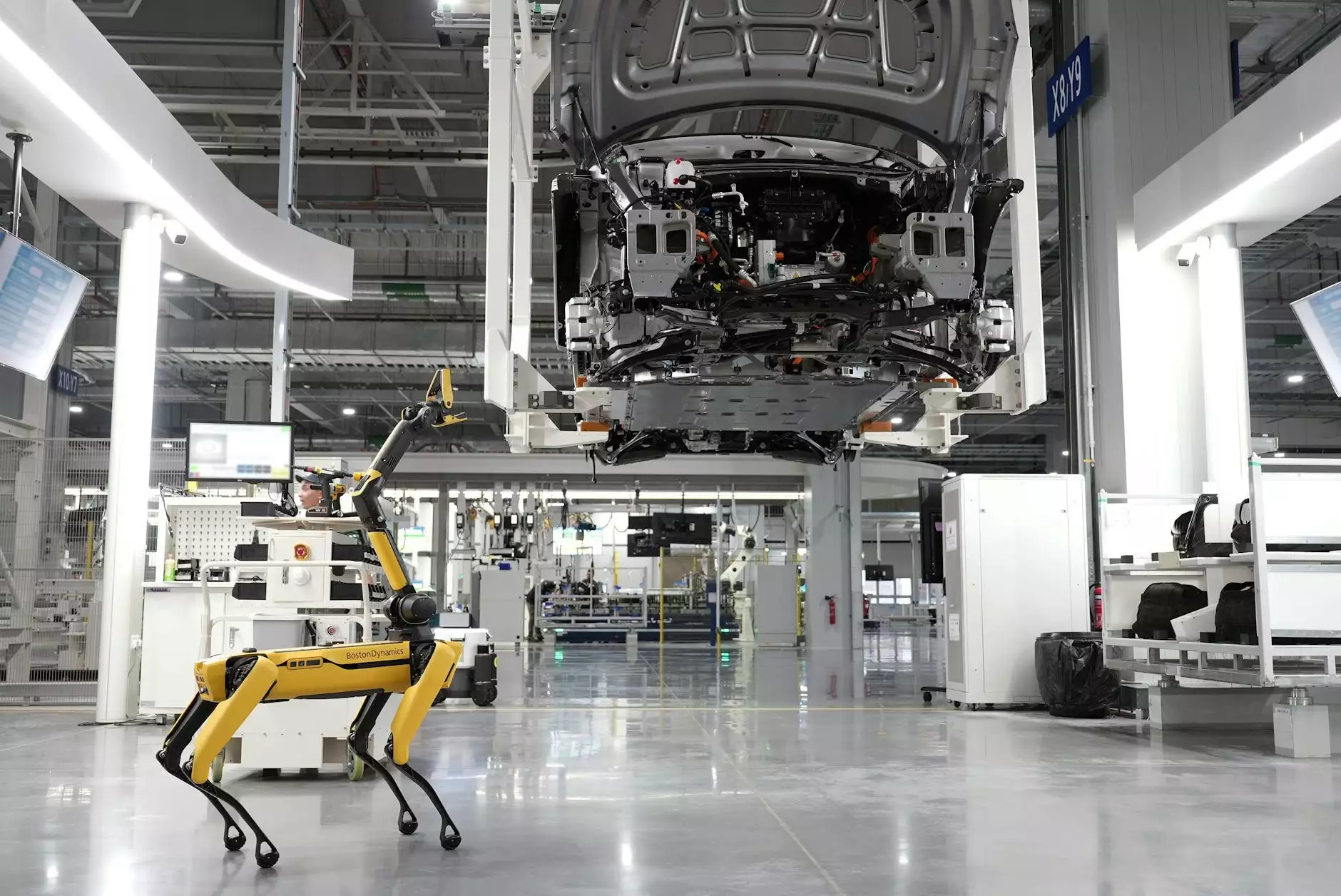The Future of Clean Meat Production in the Food Industry

In today's rapidly evolving food industry, the concept of clean meat production is gaining traction. With a growing focus on sustainability, animal welfare, and environmental concerns, businesses in the food, imported food, and meat shops categories are exploring new horizons to meet consumer demand for ethically produced meat alternatives.
The Rise of Clean Meat Production
Clean meat, also known as cultured meat or lab-grown meat, is created by culturing animal cells to produce meat products without the need for traditional animal husbandry practices. This innovative approach holds the promise of revolutionizing the way meat is produced, offering a more sustainable and humane alternative to conventional meat production methods.
Sustainability and Environmental Benefits
One of the key advantages of clean meat production is its significantly lower environmental impact compared to traditional meat production. By reducing the need for large-scale animal farming, clean meat production can help address issues such as deforestation, water pollution, and greenhouse gas emissions.
The production of clean meat also has the potential to reduce the use of antibiotics and hormones in livestock farming, contributing to improved food safety and reducing the risk of antibiotic resistance.
Consumer Demand and Market Trends
Consumers are increasingly seeking out sustainable, ethically sourced food options, driving the demand for clean meat products in the market. Businesses in the food industry are recognizing this shift in consumer preferences and are investing in research and development to bring clean meat products to the mainstream market.
As the market for clean meat continues to grow, businesses in the imported food and meat shops categories are exploring partnerships with clean meat producers to offer innovative and environmentally friendly meat alternatives to their customers.
Challenges and Opportunities
While clean meat production presents significant opportunities for businesses in the food industry, there are also challenges that need to be addressed. Regulatory hurdles, production scalability, and consumer acceptance are among the key challenges that companies in the clean meat sector are working to overcome.
However, with advancements in technology and increased awareness of the benefits of clean meat production, the future looks promising for businesses looking to embrace this innovative approach to meat production.
Conclusion
As businesses in the food, imported food, and meat shops categories continue to adapt to changing consumer preferences and evolving market trends, the future of clean meat production holds immense potential for growth and innovation. By embracing sustainable practices and investing in clean meat production, businesses can position themselves as leaders in the transition towards a more ethical and environmentally responsible food industry.
Explore the possibilities of clean meat production and join the movement towards a more sustainable future for the food industry.








